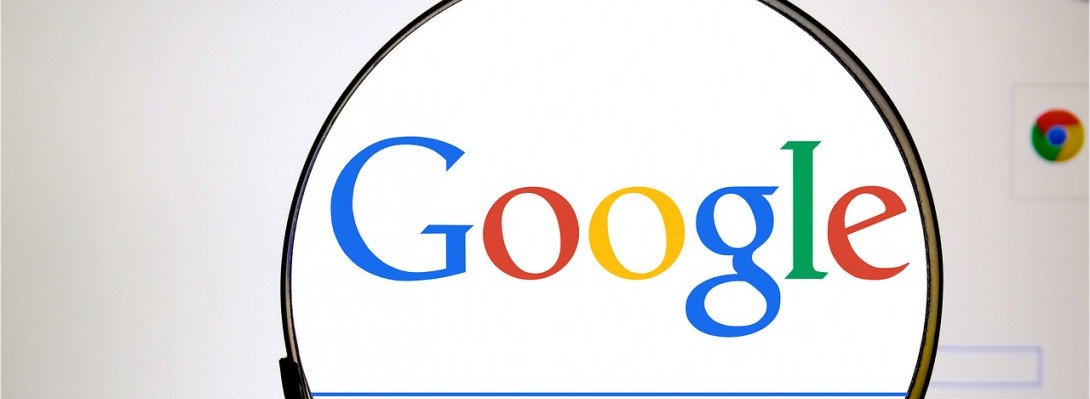How to Optimize your Website for SEO with Google’s New Updates
Published on May 28, 2018
Published on Wealthy Affiliate — a platform for building real online businesses with modern training and AI.
I often hear SEO experts mentioning about Google’s small changes in its algorithm. It’s so insignificant that most of the bloggers and content marketers may not even realize it. But the fact is that Google more frequently updates its algorithm than you think, and most updates are to improve the user experience. Google’s focus is on “relevancy” and “accuracy” in contents. So how to optimize your website for SEO nowadays? It looks like the overall relevancy of your site becomes the key.
Google March Update
In March, Google made some updates on its algorithm. Up to this point, it doesn’t even have a name like “Panda” or “Hummingbird”. Everyone refers to it as a “March Update”. On March 12th, Google tweeted regarding the update, mentioning that the change is to increase the rank of sites that were not previously rewarded while they should have been.
I was listening to one of the google hangouts hosted by John Mueller, a webmaster trends analyst at Google that took place on April 6th. This meeting verified the Google's Tweets and explained what had just happened. At that hangout meeting, John mentioned that the Google’ recent update is more around relevance rather than the quality. Here is what he said:
“A lot of updates we made are more around relevance where we are trying to figure out which sites are relevant for certain queries, and not so much on the matter of the quality overall.”
So let's say you have high-quality contents, but if it is not relevant to the particular query, then Google will place the site that is more relevant before your page, even that site has less optimization and qualities.
If you noticed that your pages that were holding high ranking had dropped since mid-March, it might be due to this update. Check those pages and see if they are actually relevant to the queries. There are instances that Google would rank your page because you have a good (or trending) keyword in the content. But if the overall site is not relevant to that keyword, then Google will adjust it eventually.
So how we go about this new Update?
Here are a few suggestions.
Ask Your Visitors About Relevancy
Ready to put this into action?
Start your free journey today — no credit card required.
John Mueller stated that sites could lose relevance over time due to changes. One thing he suggested us is to get feedback from the visitors and ask how they feel about our site, and how we can improve it. So often, we think it is relevant, but it could not in the eye of others and Google’s. So the objective feedback can be very helpful.
In Wealthy Affiliate, we have a great program called SiteFeedback and the thread requesting the feedback. Many of us use them at the beginning of the site creation, but it may be a great way to utilize it, asking the community if our website and contents (and even the landing page if you have one) are all aligned to each other.

Keep Writing Quality Contents with Relevant Keywords
Quality Content never fail. Keep writing the quality contents and make sure to use relevant keywords. As long as the content has something valuable, and it is relevant to the focus keyword, I believe your site will stay high ranked.
Google is also working hard for the "duplicate" contents. It can be a little challenging if you have a job site that lists the descriptions of each occupation. I sometimes rephrase the other websites from which I get information. Even though you are not spinning from PLR articles, nearly duplicate contents could occur. We need to put more value in content if we get some inspiration or information from other websites to surpass them.
Stick to Your Niche
Although Google ranks pages and not the sites, I noticed the language John Mueller uses. He keeps pointing at the overall “site,” rather than the page. Does it mean now Google looks for the overall site and determine if our “site” is relevant to the keywords?
I don’t know about you, but that’s how I felt it. In the future, Google may start looking more closely about this matter.
So I think sticking to your niche and just write about the niche, sell only products that pertain to the niche would be the best way to keep alignment with Google’s eyes. I do have some pages that are sort of related to, but not really relevant to my niche. They may become less appropriate to be on my website.
Don’t Forget to Check the Technical Details
John Mueller also recommended us checking all of the technical details, such as if Google can crawl and index all of our contents properly.
Conclusion
Google is making small changes in its algorithm all the time. Sometimes it affects our ranking and therefore, the traffic. So understanding how to optimize your website for SEO with these changes is essential. The recent change is around relevancy. It seems like Google starts looking more relevancy than overall quality.
I have laid some suggestions such as getting the feedback from the visitors (and we can utilize the SiteFeedback or the feedback request thread), Keep writing quality contents, stick to your niche and make sure your technical details are in place.
Hope you find this article helpful! Looking forward to hearing your aspects on this matter.
Share this insight
This conversation is happening inside the community.
Join free to continue it.The Internet Changed. Now It Is Time to Build Differently.
If this article resonated, the next step is learning how to apply it. Inside Wealthy Affiliate, we break this down into practical steps you can use to build a real online business.
No credit card. Instant access.
